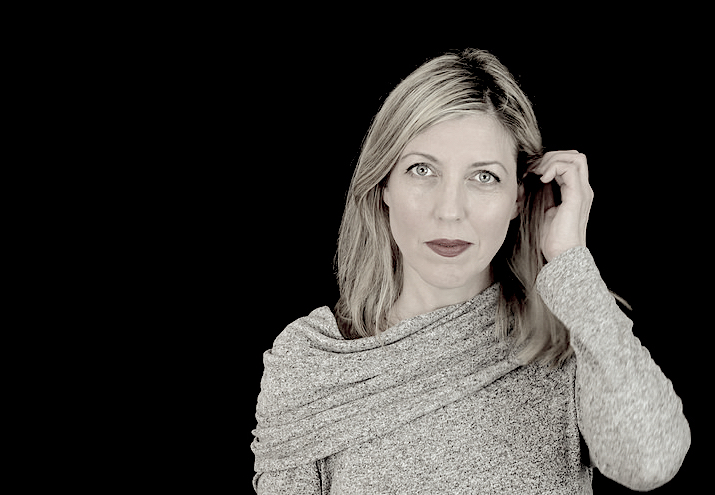ISSN: 1941-4137
POETRY THAT ENACTS THE ARTISTIC AND CREATIVE PURITY OF GLASS
POETRY THAT ENACTS THE ARTISTIC AND CREATIVE PURITY OF GLASS

Kelli Russell Agodon's most recent book, Hourglass Museum (White Pine Press, 2014), was a Finalist for the Washington State Book Awards and shortlisted for the Julie Suk Prize in Poetry. Her other books include The Daily Poet: Day-By-Day Prompts For Your Writing Practice (coauthored with Martha Silano), Fire On Her Tongue: An Anthology of Contemporary Women's Poetry (co-edited with Annette Spaulding-Convy), and Letters from the Emily Dickinson Room, winner of the Foreword Book of the Year Prize for poetry and a finalist for the Washington State Book Awards. Her work has been featured in the Atlantic, Harvard Review, Waxwing, New England Review, O, the Oprah Magazine, and on NPR. Kelli is the cofounder of Two Sylvias Press where she works as an editor and book cover designer and is also the Co-Director of the Poets on the Coast: A Weekend Writing Retreat for Women. She lives in a sleepy seaside town in the Pacific Northwest where she is an avid paddleboarder and hiker. She is currently working on her 4th collection of poems.
Also by Kelli Russell Agodon:
Hourglass Museum
Letters from the Emily Dickinson Room
The Daily Poet: Day-By-Day Prompts For Your Writing Practice
Fire On Her Tongue: An Anthology of Contemporary Women's Poetry
Hunger
SOS
In a country of too much
everything — too many orcas
dying and chemical fires
creating radiant lightning,
we wake to a morning of mourning
of what didn't live, a woman
stepping onto the train tracks
and us, a block away hearing the thud.
Sometimes we break the wishbone without
making a wish — my arm on your arm,
my head on your chest as if this will be
our silhouette forever, as if we're in charge
of our own disappearing. Sometimes
we want to cut ourselves out
of the world, but we laugh
because none of our knives are sharp enough
nor our dedication to leaving. So tonight
with the moon wilting, evening overflowing
into the canal where a nuclear sub passes,
guardians of what we can't see, our reflections
employed by the waves as if disaster
was a business, as if we're not
wildly waving our distress flags
from the edge of this eroding shore.
This poem was inspired (sadly) by an article I read about a baby Orca dying in Puget Sound due to being malnourished. In my community, we are currently losing many Orcas due to low Chinook salmon runs and as a paddleboarder, environmentalist, and human residing on this planet, I struggle with this. This poem may literally be a poetic SOS, sometimes I feel as if I'm only watching the sadness in the world. But in the center of the poem, I realize there's this moment of compassion, two people entwined, and actually, even a wilting moon is still beautiful. So while I'm not sure I really know what the poem is saying to the reader, I think much of this poem is just trying to reconcile a terrible world with a compassionate one, knowing that in the end all of it is, well, temporary.
Glass: A Journal of Poetry is published monthly by Glass Poetry Press.
All contents © the author.
All contents © the author.





